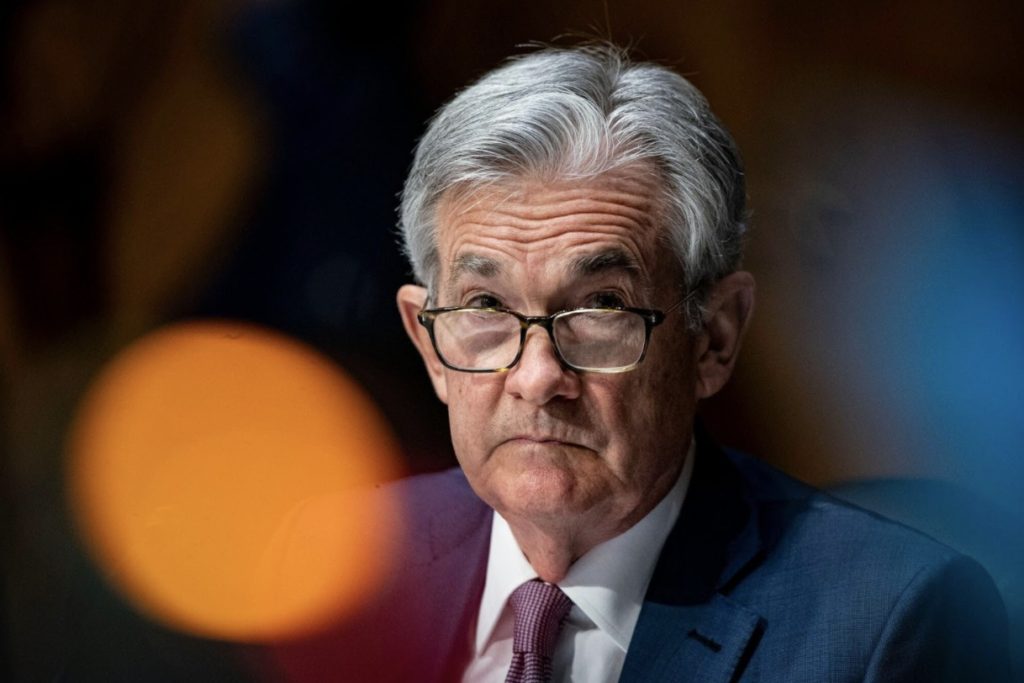
The Federal Reserve is an incredibly powerful government agency whose main function is to maintain economic stability, so what are they supposed to do when their chairman’s remarks are so powerful it causes economic instability?
The agency is intended to be nonpartisan and apolitical. Meanwhile, plenty of their economic statements/recommendations have fallen too close to Democratic policy points. Whether it be taking action against climate change, pressing for a COVID-19 stimulus bill, or amplifying the need for childcare programs to alleviate the women leaving the workforce issue. Republicans have long since held less favorable views of the Fed, but fierce controversy this past December over their lending budget has resulted in more blatant Republican aggression toward the agency.
Over this past COVID-afflicted year, Chairman Jerome Powell has received bipartisan praise for his handling of the pandemic and has explicitly reinforced the nonpartisan reputation of the Fed. His well-respected reputation has served him well and given his economic recommendations, even when straying into the political realm, more weight.
Nominated for Fed Chairman by President Trump in 2017, he was viewed as a good choice across the aisle. He was criticized, during his time at the Trump administration, not only for the aggressive monetary policies he was pursuing, but also for his composure. Serious and cautious, his warnings and analysis of economic damage has contributed to market sell-offs before. Despite this, he maintained good reputations on Capitol Hill – which led to his appointment in the first place – and has set up a collaborative approach to his job by working with Treasury and Congress to aggressively counteract the economic damage caused by the pandemic.
Powell acted fast and early; levying the full power of the Fed without worrying about crossing “a lot of red lines”, he cut interest rates to zero, set up emergency lending programs for borrowers beyond just Wall St, and urged for fiscal policy to complement the monetary policy set.
As anguish builds over the potential of high inflation and high rates in the bond market, Powell has been under increased scrutiny. His sober remarks went from simply carrying weight to the markets hanging onto his every word.
Powell spoke to Congress and at the Wall Street Journal Jobs Summit in the past weeks, dulling market enthusiasm. Massive spending and stimulus from the Fed into the market has not only contributed to inflation concerns, but concern that the economy is too dependent on the government to eventually thrive without it.
The semiannual monetary policy report Powell delivered to Congress included statements describing the uncertain future for economic recovery. He affirmed that his priority stays with labor market issues and that it is critical to ensure economic recovery does not leave behind the bottom tax brackets. Additionally, sidestepping both Democratic and Republican questions, from minimum wage and climate change to the trillion dollar relief package, he reaffirmed the Fed’s continued commitment to nonpartisanship.
He also dismissed concerns over troublesome inflation coming out of the Fed’s commitment to low interest rates and assured that the Fed would and could take measures if necessary. This nonconcern with inflation frightens market investors who worry that market growth and recovery will result in inflation and thus higher interest rates and rates in the bond market. Republicans have also expressed concerns, insisting that low interest rates and massive stimulus packages will overheat the economy and dormant inflation.
However, that macroeconomic question does not seem to have a clear answer and Powell has stuck by his primary goal of managing the labor market. Powell’s most influential predecessor, Paul Volcker, raised interest rates “as high as 22%” and caused massive unemployment, to counteract an inflationary wage-price spiral in the ‘70s and early ‘80s. Despite Powell’s admiration for the man, his techniques contrast heavily with Volker in order to protect vulnerable everyday Americans instead of just bailing out the big banks.
In an attempt to settle the inflation concerns without compromising the strong monetary policy set, the Fed has affirmed that they are watching the bond tumult and have the tools to deal with any potential rising inflation risks as they arise.
In an increasingly politicized time, Powell and the Fed’s careful actions to ensure neutrality are admirable. His words clearly carry substantial weight, but one of the major reasons why is because of the care he takes to ensure the Federal Reserve maintains neutrality in partisan debates and coordinates with Congress and its fellow government agencies.



